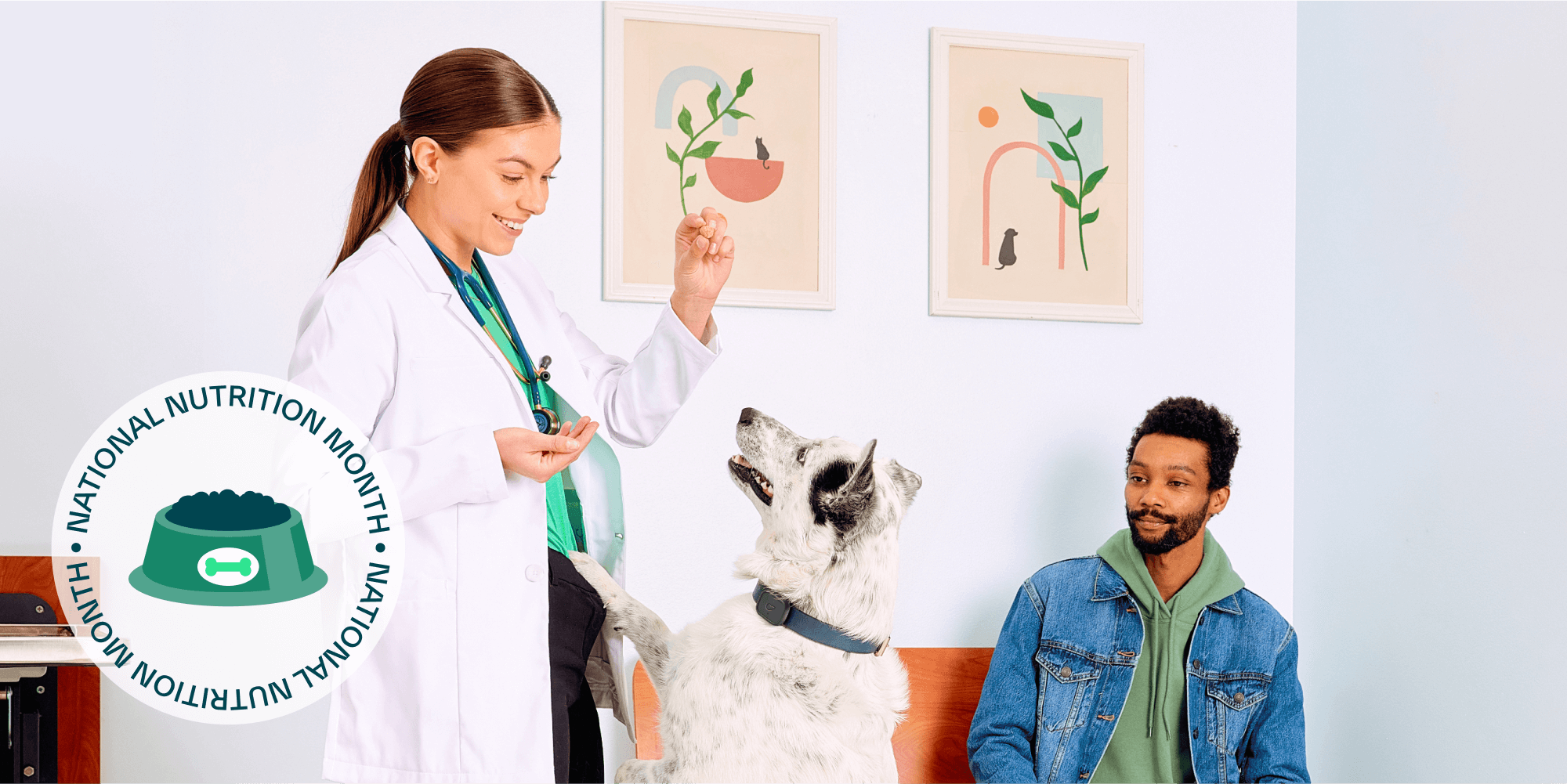Prepare Your Dog for Allergy Season

If your dog is scratching, licking, coughing or has diarrhea, vomiting, hair loss or recurring ear infections, dog allergies could be to blame.
Many dogs live with allergies and pet parents may not recognize the signs. Whistle devices have tracked 3.7 million abnormal scratches, which can act as a warning sign that your pet may be suffering with allergies.
The arrival of spring is the best time to be on the lookout for signs your dog has one of these four kinds of allergies.
Atopic Dermatitis: A dog skin allergy (also called atopic dermatitis) is the most common allergic reaction in dogs. Excessive scratching, licking, biting the skin, hair loss and red, irritated skin are all signs your dog may be experiencing a skin allergy.
Using a Whistle device can help you monitor new behaviors (or an increase in behaviors) like licking or scratching that could be signs your dog is experiencing an allergy flare. The treatment for dog skin allergies can include topical creams, medicated baths and antibiotic medications to alleviate the symptoms.
Food allergies: Although true food allergies in dogs are rare, some dogs do have allergic reactions to certain ingredients in their food. Beef, chicken eggs, gluten (wheat) and lamb are the most common food allergens for dogs.
Your vet may recommend an elimination diet to see which ingredients may be causing allergic reactions and recommend a dog food for allergies. There is no single best food for dogs with allergies; the right food will depend on which ingredients are causing reactions.
Switching to a dog food for allergies can often solve the issue. Whistle devices monitor changes in behavior, including licking and scratching. When there are fewer incidences of these behaviors, it’s an indication that your dog is feeling better.
Seasonal allergies: Fleas, pollen, mold, feathers and dust can trigger dog seasonal allergies. Allergy season for dogs tends to be in the spring and fall—but seasonal allergies can happen at any time of year, depending on what environmental allergens trigger reactions in your dog.
Your vet may suggest over-the-counter or prescription medications to alleviate dog seasonal allergy symptoms. Want to know how to prepare for allergy season? Make sure prescriptions are refilled and you’re ready when your dog shows symptoms.
Vaccine reactions: Annual vaccines are essential for keeping your dogs protected from diseases like rabies, distemper and parvovirus.
In dogs, allergic reactions to vaccines are rare but it’s important to be on the lookout for swelling at the vaccination site, mild fever, decreased appetite, sneezing, runny nose, coughing, hives and vomiting and call your veterinarian if your dog shows signs of an allergic reaction after a vaccine.
There are many reasons a dogs has allergies. Make an appointment with your vet to see if seasonal allergies could be the culprit and develop a treatment plan to help your favorite four-legged friend feel better.

















